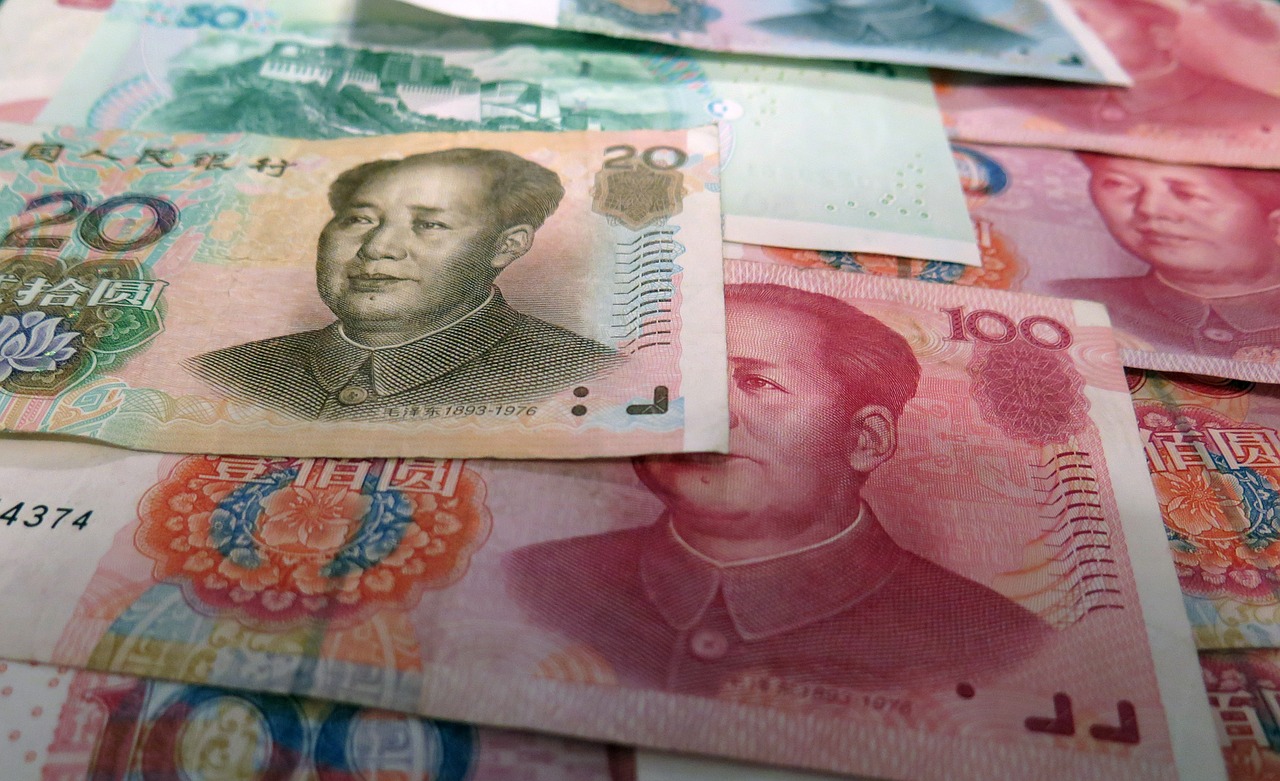Join Our Telegram channel to stay up to date on breaking news coverage
China is reportedly on the verge of banning and blocking websites of foreign crypto exchanges, plus offshore websites associated with Initial Coin Offerings (ICOs) and crypto related businesses. However, some in China are questioning exactly how the authorities plan to accomplish this.
Also read: TNABC Miami 2018: Securing the Internet of Things with David Fragale of Atonomi
Subscribe to the Bitsonline YouTube channel for more great videos featuring industry insiders & experts
According to a report on Financial News, a publication affiliated with People’s Bank of China, government officials are working to more tightly regulate the crypto space.
On the surface, it would appear to quash the market and be the end of the crypto trading space in China — but there’s very little local industry left anyway. Exchanges like OKCoin, Huobi and ViaBTC have established new entities overseas, leaving only hardware makers and miners in China itself.
Anecdotally, sources in China told Bitsonline that few in the local crypto space are taking the news too seriously. China has regularly threatened to clamp down on its citizens using VPNs to access foreign online services including Google, YouTube and Telegram, yet many seem to use them without much problem.
No More Action for Chinese Investors?
ThePaper.cn, a state-associated website, stated. “To prevent and mitigate financial risks, government officials will take regulatory measures against domestic and foreign virtual currency exchanges and ICOs, including the banning of digital currency businesses.”
As per the new report, the key point is that Chinese authorities will attempt to block websites of all international cryptocurrency exchanges that domestic traders have sought to use after crackdowns on domestic virtual currency exchanges. Japan and South Korea have been popular trading destinations for Chinese cryptocurrency traders after the domestic bans.
“Overseas transactions, regulatory evasion, virtual currency trading and ICO activities have resurgence trend. Take some overseas ICOs with domestic participation as an example. The various risks and problems identified in the “Notice” still exist, including illegal issuance, unrealistic items, fraud and even pyramid selling, and it may be even more difficult for investors to recover the losses.” the report stated.
China – Once a Crypto Proponent, Now a Crypto Opponent
Since the beginning of 2017, the People’s Bank of China had been scrutinizing domestic crypto exchanges in the country. Then on September 4th, 2017, China’s Central Bank issued a notice prohibiting all ICOs, judging them as an illegal method to raise funds. Following the ICO ban, government officials declared a ban on all domestic crypto exchanges.
ThePaper.cn added, “After the clean-up and remediation, the trading volume of virtual currencies denominated in renminbi (RMB) dropped from over 90 percent of global trading volume to less than 1 percent at one time, greatly reducing the risk levels.”
Baidu, China’s biggest search engine, has also stopped cryptocurrency related advertisements on its platform — a moved echoed in the West recently by Facebook. However, vocal bitcoin supporter John McAfee called for crypto traders solidarity to oppose such forced regulations.
China bans ICOs and cryptos but it can’t be enforced. Banks refuse ICO and crypto payments, but we have alternatives. Technology always overcomes legislation. This is truth. ICOs are our future and must be fought for, and crypto is our right. Stand on our side without fear.
— John McAfee (@officialmcafee) February 5, 2018
The new stricter stance from the Chinese government to ban all business related to cryptocurrency has resulted in many Chinese digital currency-related firms and miners moving to “friendlier” nations like Switzerland, Japan, and Canada. China has said its aim was to quell the virtual currency mania that threatened its citizens’ savings, and tried to remove
Join Our Telegram channel to stay up to date on breaking news coverage


